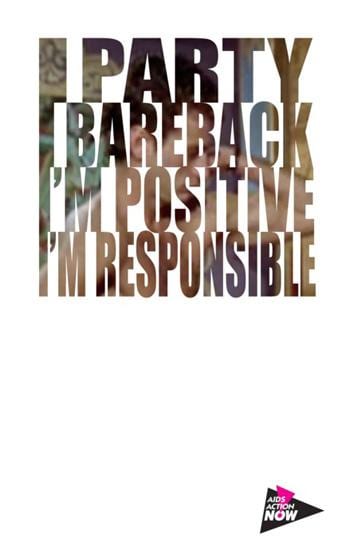I like Barry Adam because when I ask him if being gay is the most important thing about his identity, he replies, “It is important. I’m not one of those people who says, ‘It doesn’t matter,’ because we are not all the same.”
Adam is an internationally acclaimed sociology professor at the University of Windsor and the senior scientist and director of prevention research at the Ontario HIV Treatment Network. He has studied, taught and written about queer identity, global gay and lesbian politics, and HIV for more than three decades, and he will close Concordia University’s 2011/12 HIV/AIDS lecture series on March 15 with a lecture called “Neoliberalism, Masculinity, and HIV Risk.”
The notes for Concordia’s landmark series read, “While Dr Adam’s work remains grounded in grassroots knowledge and experience, he argues that intellectual traditions such as feminism, postcolonial and queer theory remain crucial in disrupting ideas created by the neoliberal environment in which HIV was discovered. His lecture will look at how the face of the pandemic has been influenced by an environment in which the populations most affected by HIV were already subordinated. Only when we recognize this, he argues, can we begin to develop an effective prevention and education campaign and health care programs for those living with HIV.”
In other words, Adam says, neoliberalism has a lot to answer for.
“The reason gay men have unprotected sex is largely psychological, ranging from personality traits to depression, and what I’m trying to do is rethink all of this research and literature in the larger environment gay men are in to explain these factors,” he explains. “The neoliberalism part has to do with masculinity in our society and how we conceive of infectiousness.”
But wait, there’s more. “One of the strange things about neoliberalism is it is a morality, about how neoliberals do good in the world. They do not see themselves as destructive or responsible for bad things. So I want to draw attention to their unintended consequences.”
Adam, author of The Rise of a Gay and Lesbian Movement (1995) and Experiencing HIV (1996), is also editor of The Global Emergence of Gay and Lesbian Politics (1999). He has long voiced strong opinions about the politics and social issues surrounding HIV and AIDS but these days seems reluctant to get drawn into the crossfire over controversial posters seen at demos in Toronto, Ottawa and Montreal ahead of the Feb 8 Supreme Court of Canada hearing of two landmark cases about HIV, sex and criminal law.
One poster, by artist Mikiki and Scott Donald, from AIDS Action Now’s 2011 “Poster/Virus” series, reads, “I Party, I Bareback, I’m Positive, I’m Responsible.” It ignited a firestorm in Montreal’s HIV/AIDS communities.
“I grew up in the days of gay liberation, and I am of that generation where many of my friends and lovers died of AIDS,” Adam says. “So the subject of HIV and AIDS strikes very close to home. I know one of the originators [of that poster], and he is just raising questions about serosorting. It is possible to serosort and he has a point. I also think that he is just trying to rile people up. But if this is regarded as a free-for-all, you can see why people would be upset and rightfully so.”
Adam will field questions during a lengthy Q&A session following his lecture at Concordia.


 Why you can trust Xtra
Why you can trust Xtra


